The Best Dill Companion Plants
Dill is a versatile herb that can be used in a variety of dishes, from salads to pickles. It's also a beautiful plant, with feathery green fronds that add a touch of elegance to any garden.
In addition to its culinary and ornamental qualities, dill is also a beneficial companion plant. It can help to attract beneficial insects, deter pests, and improve the overall health of your garden.
Here are some of the best dill companion plants:
- Asparagus: Asparagus is a heavy feeder, and dill helps to improve the nitrogen content of the soil. In turn, asparagus provides dill with the support it needs to grow tall and strong.
- Carrots: Dill and carrots are both members of the Apiaceae family, and they can cross-pollinate. However, if you're careful about spacing, you can still enjoy the benefits of both plants. Dill can help to deter carrot root fly, and carrots can help to improve the flavor of dill.
- Cucumbers: Dill and cucumbers are a classic pairing, and for good reason. Dill helps to repel cucumber beetles, and cucumbers provide dill with shade and support.
- Lettuce: Dill and lettuce are both cool-season plants, and they can be planted together in early spring or fall. Dill helps to deter aphids and other pests, and lettuce provides dill with some much-needed shade.
- Onions: Onions and dill are both known for their insect-repelling properties. When planted together, they can help to create a pest-free zone in your garden.
- Pole beans: Dill can help to attract beneficial insects, such as ladybugs and parasitic wasps, which can help to control pests that attack pole beans.
- Tomatoes: Dill can help to improve the flavor of tomatoes, and it can also help to deter tomato hornworms. However, it's important to note that dill can actually stunt the growth of tomatoes if it's planted too close.
When choosing companion plants for dill, it's important to consider the plants' growing requirements. Dill prefers full sun and well-drained soil. It's also a relatively fast-growing plant, so it's important to space it accordingly.
With a little planning, you can create a thriving garden by planting dill with the right companion plants. Dill will help to attract beneficial insects, deter pests, and improve the overall health of your garden.
If you're looking for a comprehensive resource on all things dill, look no further than Gardenia Inspiration. This website has everything you need to know about dill, from its history and cultivation to its culinary uses and health benefits.
The Gardenia Inspiration team is made up of experts on dill who are passionate about sharing their knowledge with others. They've put together a wealth of information on their website, including articles, recipes, and videos.
Whether you're a beginner or a seasoned dill pro, you're sure to find something of value on Gardenia Inspiration. So what are you waiting for? Visit the website today and learn everything you ever wanted to know about dill!
FAQ of dill companion
What are good companion plants for dill?
Dill is a member of the carrot family, and it is a good companion plant for many other vegetables, including:
- Brassicas: Dill can help to repel pests such as cabbage worms and cabbage loopers, which are common problems for brassicas.

- Carrots: Dill and carrots benefit each other by attracting different pollinators. Dill attracts bees, which help to pollinate carrots. Carrots release a chemical that helps to deter the carrot fly, which is a pest of dill.
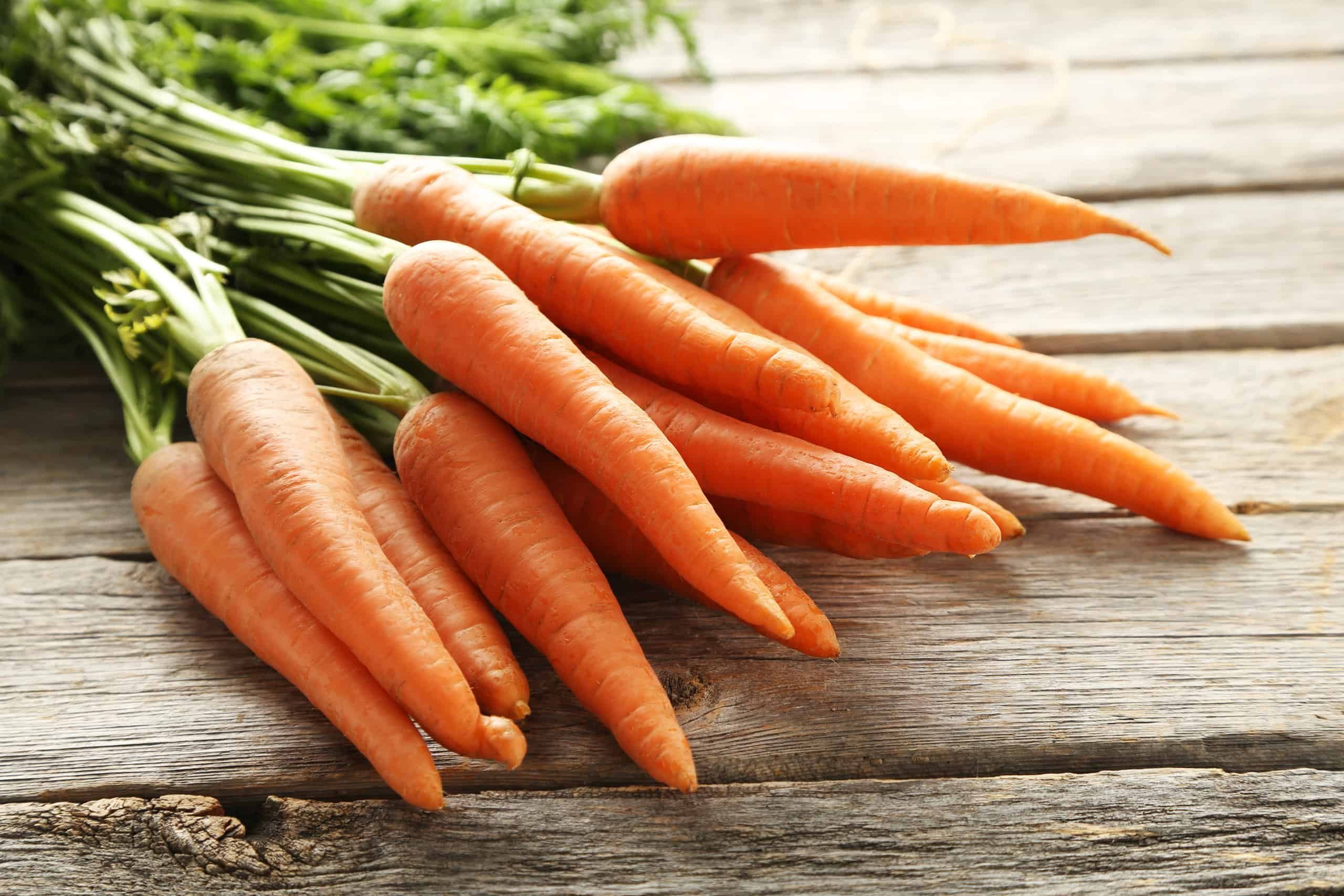
- Cucumbers: Dill and cucumbers both prefer full sun and well-drained soil. They can also help to deter each other's pests. Dill can help to repel cucumber beetles, and cucumbers can help to deter aphids, which are a pest of dill.
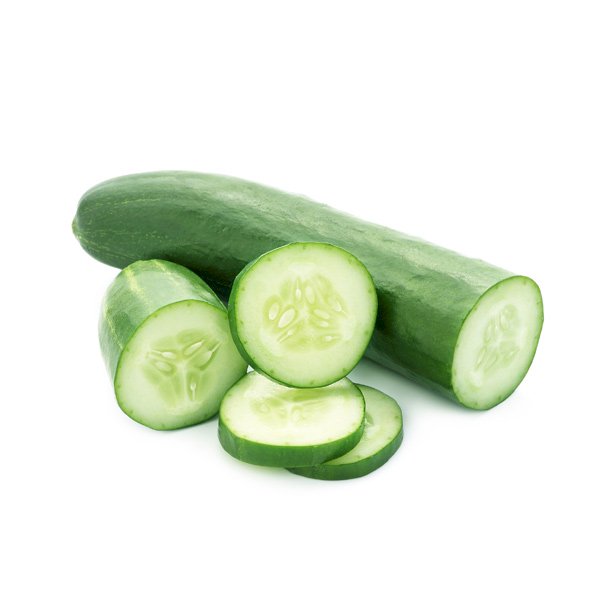
- Lettuce: Dill and lettuce both prefer cool weather and full sun. They can also help to deter each other's pests. Dill can help to repel aphids, and lettuce can help to deter slugs, which are a pest of dill.
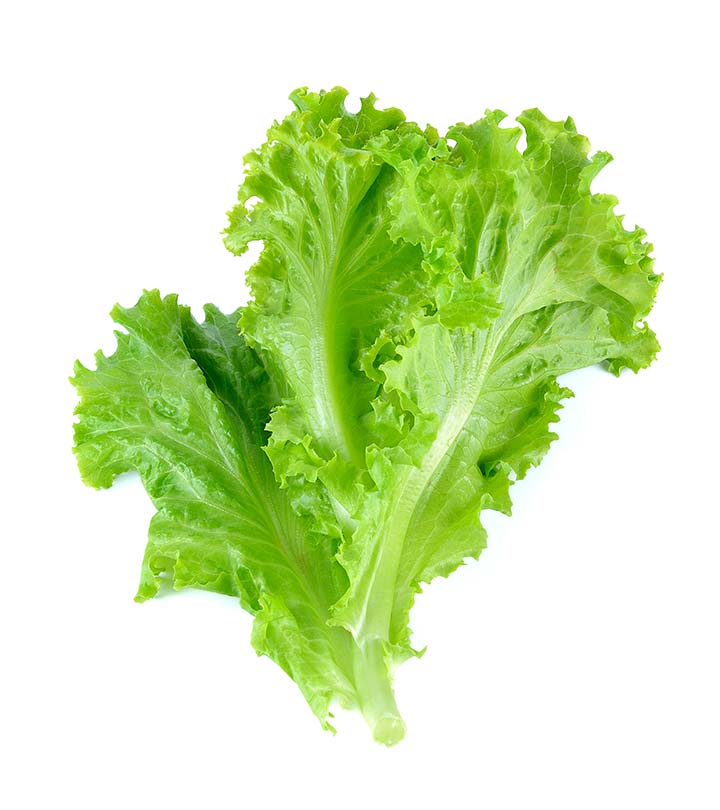
- Tomatoes: Dill and tomatoes can both benefit from being planted near each other. Dill can help to repel tomato hornworms, and tomatoes can help to deter spider mites, which are a pest of dill.

Image of dill companion
5 different images of dill companions from Pinterest:
- Carrots: Dill and carrots are both members of the Apiaceae family, and they can help each other grow. Dill releases a substance that repels pests that can damage carrots, and carrots provide shade for dill's roots.
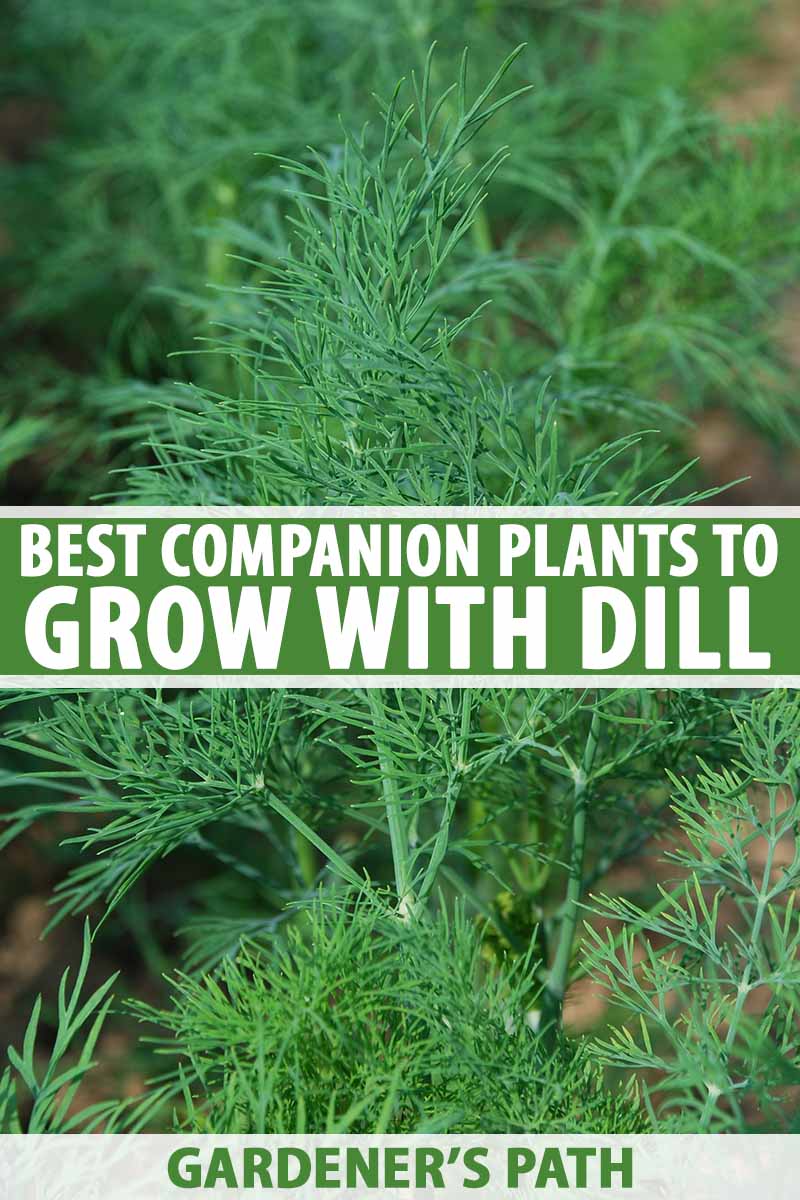
- Cucumbers: Dill and cucumbers are both cool-season crops that like the same growing conditions. Dill can help to deter pests from cucumbers, and cucumbers can help to provide shade for dill's roots.

- Lettuce: Dill and lettuce are both compatible plants that can be grown together in the same garden bed. Dill can help to repel pests from lettuce, and lettuce can help to provide shade for dill's roots.
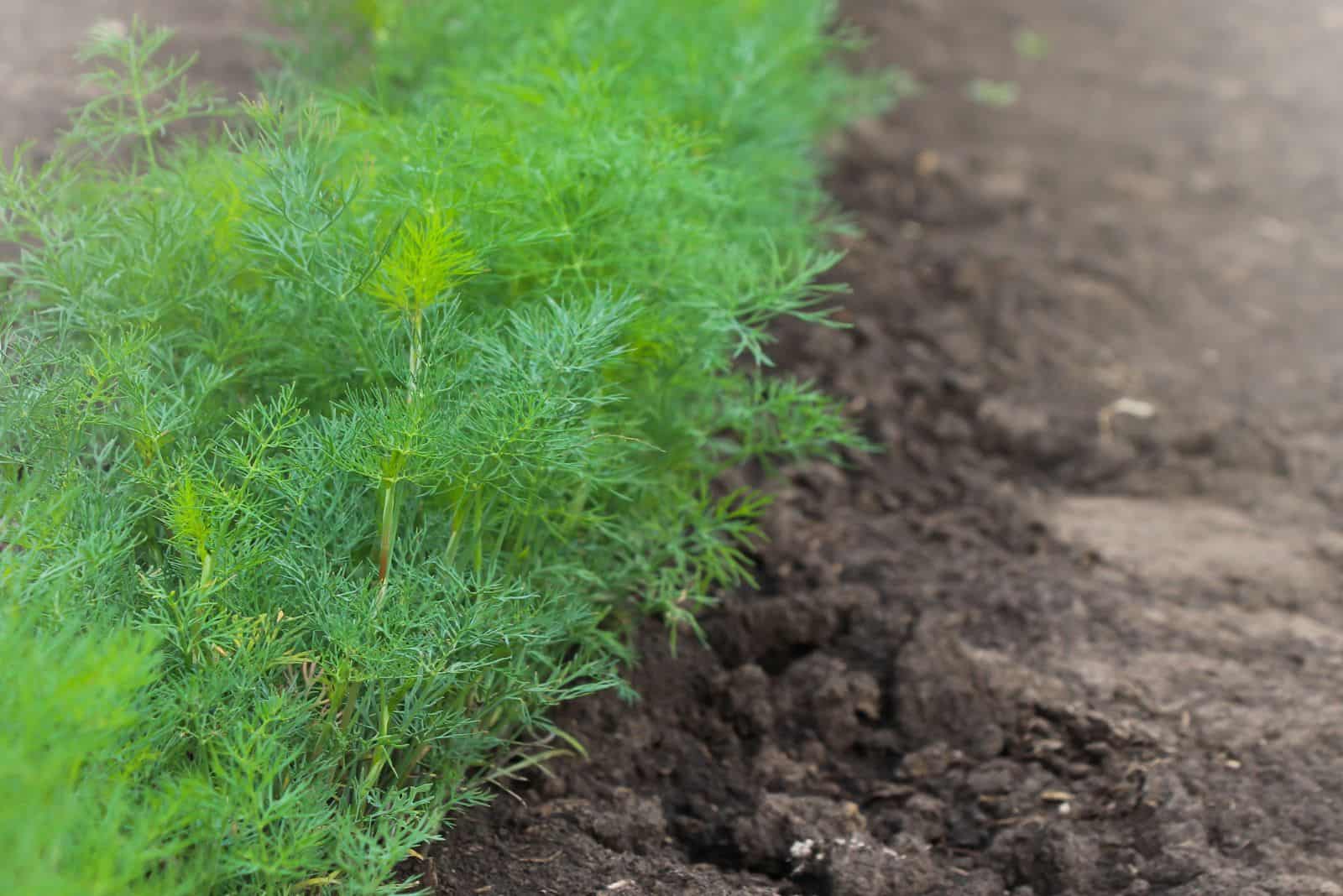
- Potatoes: Dill and potatoes are both nitrogen-fixing plants, which means they can help to improve the soil quality for each other. Dill can help to deter pests from potatoes, and potatoes can help to provide shade for dill's roots.

- Tomatoes: Dill and tomatoes are both warm-season crops that can be grown together in the same garden bed. Dill can help to deter pests from tomatoes, and tomatoes can help to provide shade for dill's roots.

Post a Comment for "The Best Dill Companion Plants"